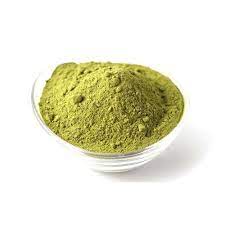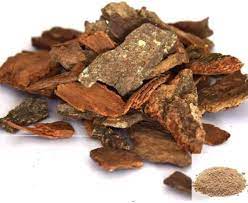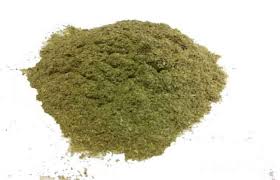Scientific Studies on the Efficacy of Neem Twigs

eem (Azadirachta indica) is a tree whose twigs, leaves, and seeds have been used in traditional medicine for centuries, particularly in India. Neem twigs, in particular, are well-known for their use as a natural toothbrush (known as a datun) and are believed to offer various health benefits. This article explores the scientific studies conducted on the efficacy of neem twigs.
1. Oral Health Benefits
One of the most common uses of neem twigs is for oral hygiene. Numerous studies have evaluated the antibacterial and plaque-reducing properties of neem.
-
Antibacterial Properties: A study published in the Journal of Ethnopharmacology found that neem twigs possess significant antibacterial properties that help reduce oral pathogens. The study concluded that using neem twigs can significantly lower the bacterial load in the oral cavity, thereby reducing the risk of dental caries and gum disease.
-
Plaque Control: Research in the Indian Journal of Dental Research compared the efficacy of neem twigs with conventional toothbrushes and found that neem twigs are effective in reducing plaque and gingivitis. The mechanical action combined with the antimicrobial properties of neem makes it an effective oral hygiene tool.
2. Antimicrobial Effects
Neem twigs have been shown to possess broad-spectrum antimicrobial properties.
-
Antifungal Activity: A study in the Journal of Medicinal Plants Research demonstrated that extracts from neem twigs exhibit antifungal activity against Candida albicans, a common fungal pathogen in the oral cavity. This suggests that neem twigs can help in managing oral fungal infections.
-
Antiviral Properties: Another study in Phytotherapy Research indicated that neem extracts could inhibit the replication of certain viruses, including herpes simplex virus. While this research primarily focused on neem leaves and seeds, the twigs also contain similar bioactive compounds that could contribute to antiviral effects.
3. Anti-inflammatory Properties
Inflammation is a common underlying factor in many oral and systemic diseases. Neem twigs have been investigated for their anti-inflammatory potential.
- Gingival Health: A study in the Journal of Periodontology reported that the use of neem twig extract reduced inflammation in gingival tissues. The anti-inflammatory compounds in neem help soothe and heal inflamed gums, promoting better overall oral health.
4. Antioxidant Properties
The antioxidant properties of neem are well-documented, and neem twigs are no exception.
- Oxidative Stress Reduction: Research published in Food and Chemical Toxicology found that neem twig extracts could reduce oxidative stress by scavenging free radicals. This is beneficial for protecting oral tissues from oxidative damage and maintaining overall oral health.
5. Safety and Toxicity
While neem twigs are generally considered safe for use, scientific studies have also examined their safety profile.
- Safety Assessment: A comprehensive review in Phytotherapy Research highlighted that neem twigs are safe for oral use when used correctly. However, excessive use or ingestion of neem products should be avoided due to potential toxicity. Pregnant women and individuals with certain health conditions should consult a healthcare provider before using neem products.
Conclusion
Scientific studies support many of the traditional uses of neem twigs, particularly in promoting oral health. Their antibacterial, antifungal, antiviral, anti-inflammatory, and antioxidant properties make them a valuable natural resource for maintaining oral hygiene and overall health. However, it's important to use neem twigs appropriately and consult healthcare professionals for specific health concerns. As with any natural remedy, further research is essential to fully understand their potential and limitations.
Click here











